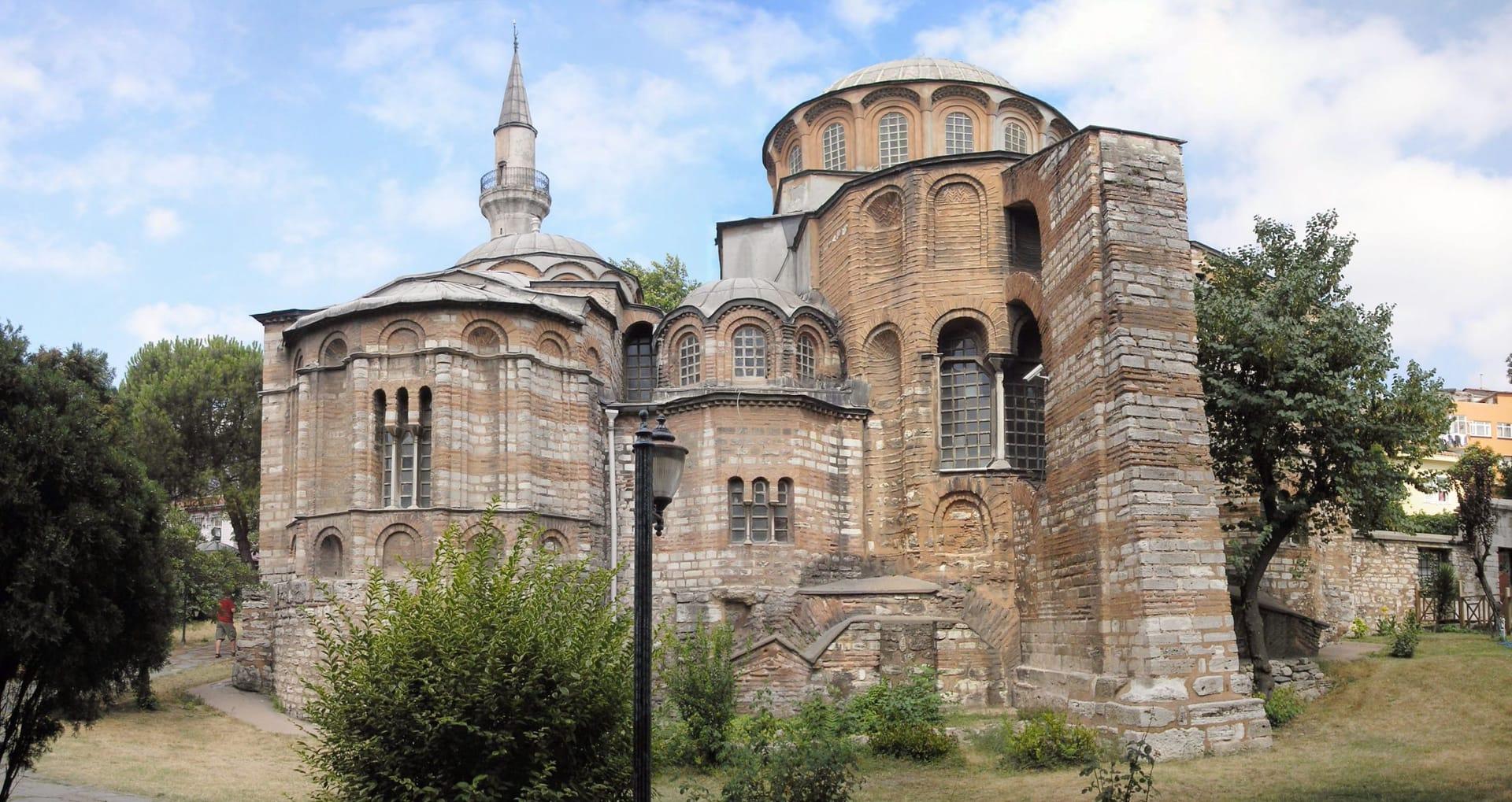Turkish President Tayyip Erdogan on Friday announced a decision to reconvert the historic Chora Church, one of the country’s most celebrated Byzantine buildings in Istanbul, into a mosque.
As was the case with Hagia Sophia, the Chora Church was built for Christian worship, but was turned into a mosque after the Ottoman conquest of then-Constantinople in the 16th century. The secular Turkish government turned it into a museum in 1945.
The medieval church — officially called the Church of the Holy Saviour — was built near the ancient city walls of Constantinople, and contains 14th century Byzantine mosaics and frescoes showing scenes from biblical stories. The frescoes were plastered over it was converted into a mosque, but once again showcased when the building was turned into a museum.
Located in Istanbul’s Fatih district, the Chora church was built as part of a wider monastery complex in the fourth century.
In November, Turkey’s Council of State, the country’s highest administrative court, ruled that the 1945 decision was unlawful. In a decree published in the Official Gazette on Friday, Erdogan implemented the order to change its status to a mosque.

The decision by Erdogan to turn Hagia Sophia into a museum was criticized by church leaders and several Western countries, including Pope Francis, who during his July 12 Sunday Angelus prayer said he was “pained” by the decision.
Erdogan answered the pope by sending him an invitation to the first Muslim prayer service in the new mosque, held in late July, the first in 86 years.
On Friday, after the news broke of Erdogan’s decision, Maltese Catholic Archbishop Charles Scicluna tweeted the news saying it was “very sad indeed.”
During Muslim worship, Hagia Sophia’s famous Christian iconography and mosaics are covered by a screen in adherence to Islamic practice banning the images of persons in mosques. It’s unclear what will happen to the frescoes and mosaics in Chora, which like the Hagia Sophia, is a UNESCO World Heritage site.
Follow Inés San Martín on Twitter: @inesanma













